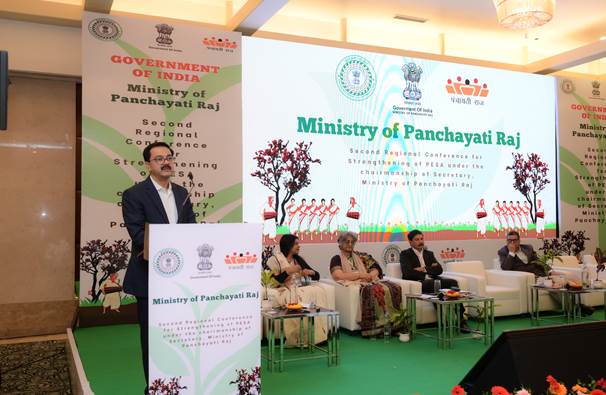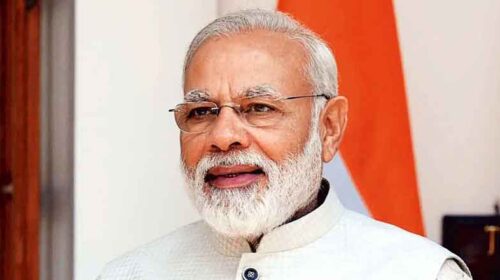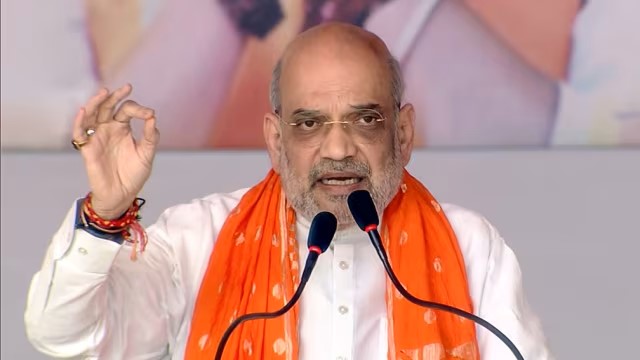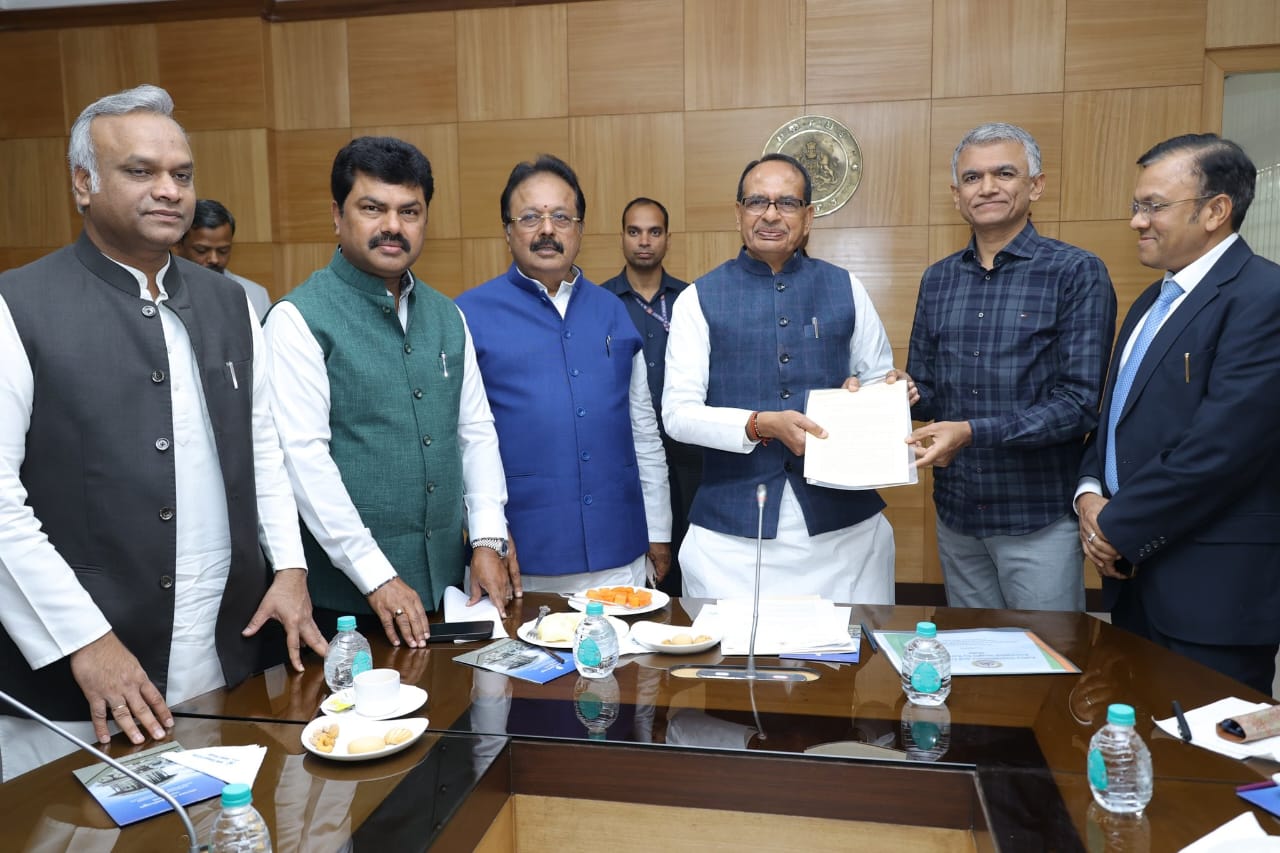The Ministry of Panchayati Raj (MoPR) held a two-day regional conference in Ranchi, Jharkhand, titled “Strengthening of Panchayats (Extension to Scheduled Areas) Act, 1996 (PESA Act),” from March 4th to 5th, 2024. This event served as a crucial platform for assessing the progress made in implementing the PESA Act and charting a course for its future effectiveness in empowering tribal communities.
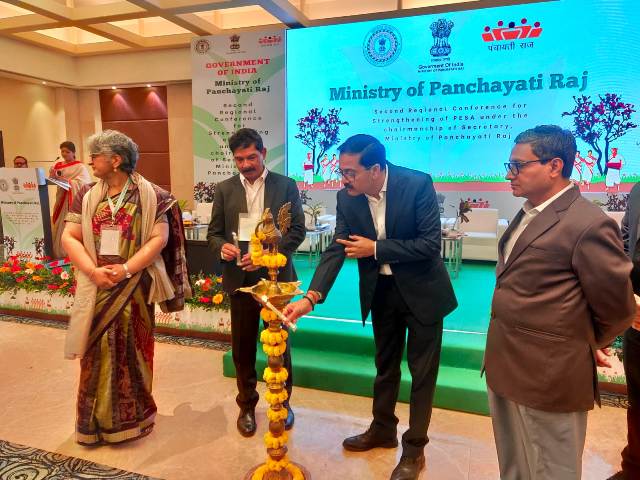 Shri Vivek Bharadwaj, Secretary of MoPR, inaugurated the conference, highlighting the critical role of Gram Sabhas. These village assemblies, empowered by the PESA Act, play a vital role in:
Shri Vivek Bharadwaj, Secretary of MoPR, inaugurated the conference, highlighting the critical role of Gram Sabhas. These village assemblies, empowered by the PESA Act, play a vital role in:
- Socio-economic development: Addressing issues like poverty, healthcare, and education while fostering social harmony and cultural preservation. Gram Sabhas can initiate and implement plans for sustainable development, tailoring them to the specific needs and cultural contexts of their communities.
- Dispute resolution: Providing a platform for resolving disputes within the traditional framework, fostering a sense of ownership and community responsibility. This empowers communities to find solutions that are culturally sensitive and uphold their customary practices.
- Natural resource management: Ensuring the sustainable management of natural resources like forests, water bodies, and minor minerals. Gram Sabhas can develop and enforce regulations for resource use, protecting the environment and livelihoods while ensuring equitable access for the community.
- Economic empowerment: Fostering culturally sensitive and sustainable economic development initiatives, creating opportunities for self-sufficiency and prosperity. This can involve promoting local crafts, supporting agricultural activities, and developing eco-tourism ventures, all while protecting the cultural heritage and ecological balance.
The conference fostered a collaborative environment for participants from five states (Andhra Pradesh, Chhattisgarh, Jharkhand, Odisha, and Telangana). Representatives from the Ministry of Tribal Affairs, State Departments of Panchayati Raj, NIRD&PR, SIRD&PRs, Panchayati Raj Institutions, and civil society organizations also participated. This diverse group shared their experiences, best practices, and suggestions for strengthening the implementation of the PESA Act.
The insights gained from this conference, along with those from a previous regional conference held in Pune, will be consolidated to inform the upcoming National Conference on PESA. This national-level event aims to streamline and accelerate the Act’s implementation based on a shared vision and collaborative approach.
The Central Government reiterated its commitment to supporting tribal communities through various initiatives aligned with the principles of the PESA Act and the broader goals of inclusive governance. This commitment encompasses supporting cultural heritage preservation, promoting socio-economic development through culturally sensitive and sustainable initiatives, and ensuring that the benefits of the PESA Act reach all tribal communities effectively.

